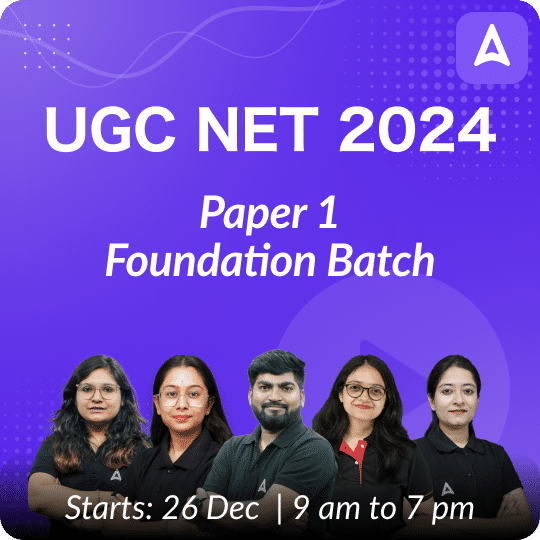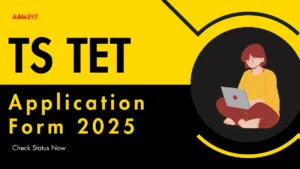Table of Contents
Attaining the position of a professor in India typically entails a rigorous academic path. It commences with obtaining a bachelor’s degree in the relevant field, followed by pursuing a master’s degree and often culminating in a Ph.D. Throughout this academic journey, individuals are encouraged to prioritize research, publish scholarly articles, and establish a robust academic network.
Upon fulfilling the necessary educational qualifications, prospective professors can seek faculty positions in universities or colleges. Success in this pursuit hinges on consistently showcasing expertise in their chosen field, demonstrating effective teaching skills, and maintaining a dedication to academic excellence. Such achievements can lead to career advancements, eventually earning individuals the esteemed title of a professor.
Who is a Professor?
A Professor is a teacher appointed in Universities and Colleges. A Professor must have a doctorate and other qualifications as per the eligibility criteria. They need to clear a series of exams such as NET or SET to become a qualified professor.
Professor Eligibility Criteria
The candidates who want to become a Professor must go through the following eligibility criteria. This will help them ensure they are eligible for the post of Professor in various Universities and Colleges. In case, the candidates applying for the post are unable to comply with the eligibility criteria then they will face rejection.
- Ph.D. qualification(s) in the concerned/allied/relevant discipline and published work of high quality actively engaged in research with evidence of published work with a minimum of 10 publications in Refereed Journals.
- A minimum of ten years of teaching experience in University/College, and/or experience in research at the University/National level institutions/industries, including experience guiding candidates for research at the doctoral level.
- Contribution to educational innovation, design of new curricula and courses, and technology–mediated teaching-learning process.
- A minimum score as stipulated in the Academic Performance Indicator (API) based Performance Based Appraisal System (PBAS)
- Master’s Degree in a relevant subject with at least 55% marks from an Indian University, or an equivalent degree from an accredited foreign university.
- Qualified National Eligibility Test (NET) conducted by the UGC/ CSIR /SLET/SET.
- A relaxation of 5% at the graduate and master’s level for the Scheduled Caste/Scheduled Tribe/Differently-abled (Physically and visually differently-abled) categories for the purpose of eligibility and for assessing good academic record during direct recruitment to teaching positions.
Professor Age Limit
There is no age limit for the Post of Professor in India. The candidates who are applying for the Post of Professor can apply as per the eligibility criteria set by the University, College or Institute. There is no upper or lower age limit set as eligibility criteria for the post of Professor. However, some universities, colleges or institutes might set a minimum age limit for the post as per their recruitment policy and criteria.
Professor Salary
Candidates can check out the salary structure of a Professor in India by going through the following table thoroughly. The Professors in India are paid as per the 7th Pay Commission hence the TA, DA Gross Salary and Basic Salary remain the same for the Professors in government institutions. Check out the following table for detailed information.
| Professor Salary | |
| Basic Salary | Rs. 1,44,200 |
| DA (50%) | Rs. 72,100 |
| HRA (Class X 30%) | Rs. 43,260 |
| TA | Rs. 7,200 |
| DA on TA | Rs. 2,736 |
| Gross Salary | Rs. 269,496 Approx. |
Conclusion
To become a professor in India, you must have a Ph.D. in your field, clear the UGC NET or SET exam, and gain teaching and research experience. There is no age limit for becoming a professor in India. However, some universities, colleges, and institutes may set a minimum age limit for the post.




 TS TET Application Form 2025 Out, Apply ...
TS TET Application Form 2025 Out, Apply ...
 Preparation Strategy to Crack DBT BET 20...
Preparation Strategy to Crack DBT BET 20...
 How to Become a PGT Teacher in KVS?
How to Become a PGT Teacher in KVS?














